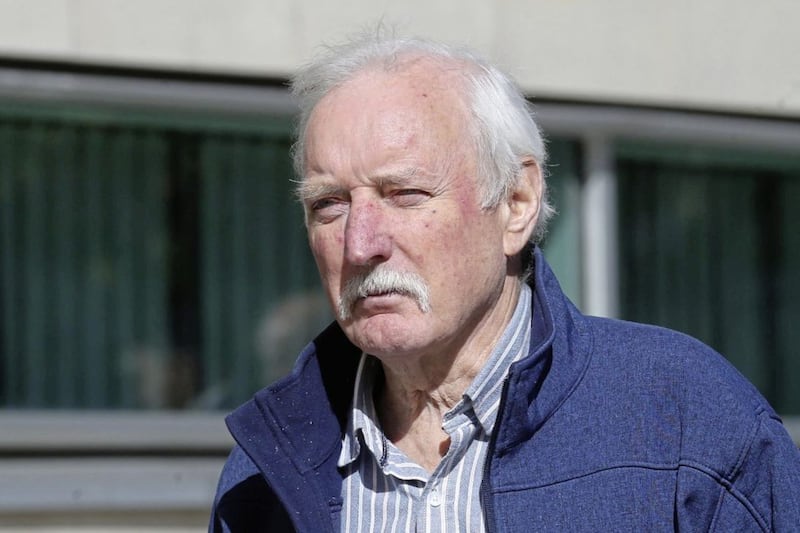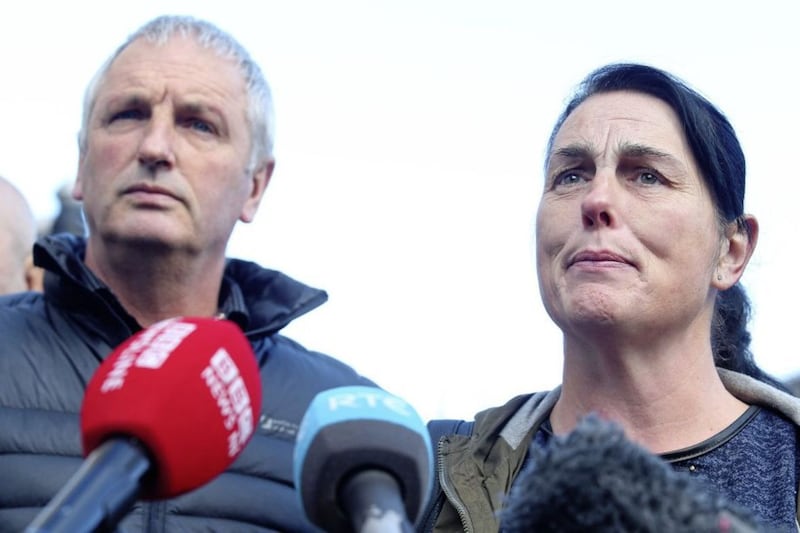JUDGMENT has been reserved at a hearing to determine if a veteran Belfast republican is to stand trial over the killing of Disappeared victim Jean McConville.
Lawyers for Ivor Bell are seeking to have his prosecution on charges of soliciting to murder dismissed at a preliminary stage.
But following two days of evidence and legal arguments at Belfast Magistrates' Court, District Judge Amanda Henderson said she will try to give a decision next week after referring to "lengthy legal submissions".
Bell (79) from Ramoan Gardens in Andersonstown, denies charges against him connected to an allegation that he encouraged or persuaded others to kill the mother of ten who was seized by the IRA from her Divis Flats home in 1972.
Her body was discovered on a Co Louth beach in 2003.
The case against Bell centres on an interview he allegedly gave to researchers involved in the Boston College history project.
Although it was believed transcripts were not to be published until after the deaths of those who took part, a US court ordered the tapes should be handed over to PSNI detectives investigating Mrs McConville's killing.
It is alleged that Bell was one of the project interviewees, given the title Z, who spoke about the circumstances surrounding the decision to abduct her.
His legal team claim the case against him is not strong enough to have him returned for trial.
During the preliminary inquiry a librarian from Boston College accepted defence claims that former paramilitaries were misled into thinking they could reveal their activities to the study with complete impunity.
Dr Robert O'Neill confirmed a contract between the university and the project director guaranteed confidentiality only to the extent American law allowed.
But the court heard separate "donor agreements" with interviewees gave them the impression nothing would be disclosed without their consent prior to their deaths.
Appearing via video-link from America, Dr O'Neill insisted any impression interview tapes would remain secret during their lifetime was down to an oversight in that contract.
In closing arguments yesterday Barry Macdonald QC, for Bell, claimed it had not been proven that the case involved original recordings.
He pointed out the two men said to have carried out interviews for the Boston project, Ed Moloney and Anthony McIntyre, had not featured in the hearing.
"In the absence of their evidence there is no evidence to the effect that these recordings are original, authentic recordings," Mr Macdonald contended.
"We invite the court to decide this material is not admissible."








